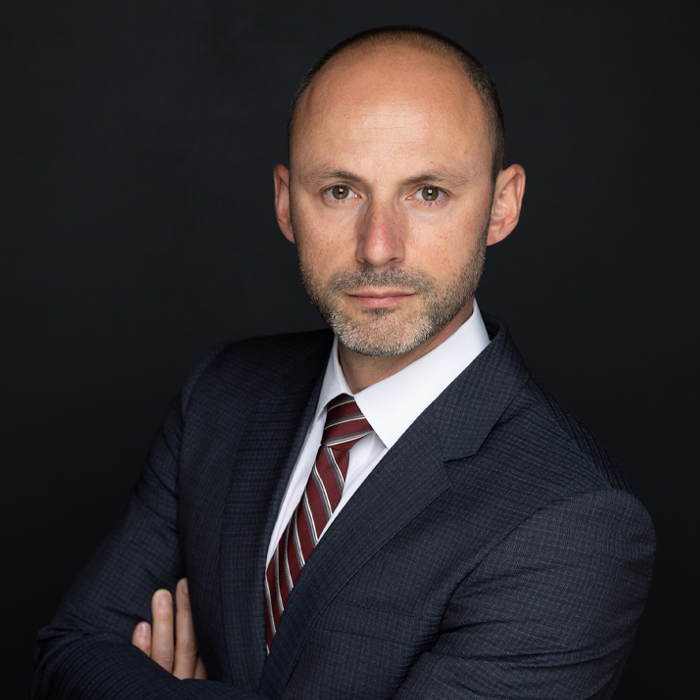If you are facing criminal charges, you need a criminal defence lawyer in Calgary to look at your case as soon as possible.
If someone with a mental illness is charged with a crime, they may be able to access mental health diversion programs.
- This means that their case can be handled outside of the traditional court system.
- To be eligible, the person who is accused must take responsibility for what they did and agree to get help.
- A mental health diversion program usually holds the person to a treatment plan made by mental health experts.
- Regular counselling sessions, managing medications, and check-ins with a case worker could all be part of the plan.
- This plan needs to be approved by the Crown prosecutor and the judge.
- If the person finishes all the tasks in their diversion program, the criminal charges against them may be dropped or put on hold.
For those interested in learning more about subsequent legal steps, you might also want to check out our Court Process in Calgary page.
This method understands that mental health problems can sometimes lead to criminal behaviour and that treatment can be more helpful than punishment.
Strategic Criminal Defence is a top Google-rated criminal defence firm in Calgary, with over 500 5-star reviews. Our firm, and our experienced legal team, have defended clients in over 10,000 criminal cases. Leveraging our extensive network of lawyers and decades of experience, we craft defence strategies to help those accused of criminal offences beat the charge.
The lawyers at Strategic Criminal Defence are both highly experienced and dedicated to defending your rights and future in the face of these charges. Contact a lawyer today by calling (403) 719-6410.
Key Takeaways
- Mental health diversion helps people with mental health problems who are charged with crimes access treatment instead of going to jail.
- Anyone in Canada can apply for these programs, but the rules and requirements for who can apply and how to do so are different in each province and territory.
- You can use mental health diversion for a lot of different crimes. From minor offences, like petty theft, or causing a disturbance, to more serious crimes where mental illness was a big part of what happened.
- When you are in mental health diversion, you usually have to follow the rules of your release conditions. Some of these conditions could be going to mental health appointments, taking the medicine you were given, living at an approved address, and not talking to victims.
- If you successfully complete mental health diversion, the charges against you are usually dropped or put on hold. This means you won’t have to go to jail or have a criminal record.
How Our Lawyers Help With the Mental Health Diversion Program
A Strategic Criminal Defence lawyer can help you navigate the mental health diversion system.
- We know how Calgary’s alternative court system works, and we know Crown prosecutors in the area who decide whether or not to send cases to them.
- Before charges are brought, we can give advice and even set up voluntary mental health evaluations that might convince the police or the Crown to go with diversion right away instead of going through with the charges.
- A big part of our job is getting your medical records, psychiatric evaluations, and treatment history. This paperwork makes your application for a diversion much stronger.
- We sometimes hire psychiatrists or psychologists as expert witnesses to talk about how your mental health condition is related to the crime you are accused of.
- Our lawyers know exactly what forms to fill out, what programs to apply for, and how to support a treatment plan that the Crown can agree to.
- We can go with you to all of your court dates.
- We’ll make sure you know what’s going on at each one and fight for fair conditions that help you get better while also protecting your legal rights.
Examples of Mental Health Diversion Cases
- A man who had been diagnosed with severe depression after losing his job was caught stealing $120 worth of groceries from a store. Before this, he had never had any problems with the law. When the police arrested him, they noticed that he was very quiet. His lawyer set up a mental health evaluation, which showed that his depression had made it hard for him to think clearly and make choices. The Crown agreed to mental health diversion, which meant he had to go to therapy once a week and take the medicine he was given. The theft charge against him was dropped after six months of successful treatment and no more problems.
- A woman with bipolar disorder damaged her neighbour’s car and garden while she was having a manic episode and not taking her meds. Her psychiatrist showed proof that her behaviour had been stable while she was on medication and talked about how the manic episode changed her behaviour. As part of her mental health diversion, she agreed to go to a mood disorders program, keep her regular psychiatric appointments, and take her medicine as directed. She also paid for the damage to her neighbor’s things. The charge of mischief against her was dropped after nine months of successful treatment.
- A veteran with PTSD was charged with assault after a fight at a busy mall where someone bumped into him by accident, which brought back memories of his past. His lawyer got his records, which showed that he had PTSD, and then put him in touch with mental health services. He went to an intensive PTSD treatment program through mental health diversion. After a year of therapy, he had learned how to deal with his triggers better, and the charge of assault was dropped.
Benefits of Mental Health Diversion Programs
- Mental health diversion programs help people with mental health problems who break the law go through the justice system to help them access treatment, rather than only punishment.
- These accused don’t have to worry about getting a criminal record. If someone completes a diversion program, the charges against them are usually dropped or put on hold. This avoids a lot of the problems that come with having a criminal record, like not being able to get a job, find a place to live, or go to other countries.
- People who take part get the right kind of care for their mental health. Counselling, helping people remember to take their medications, teaching them life skills, and connecting them with community support services are all things that are often offered.








